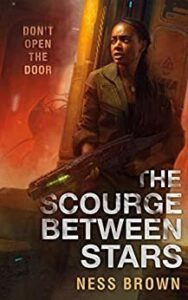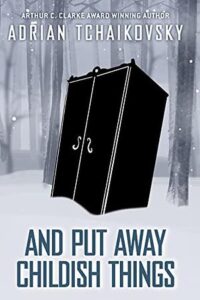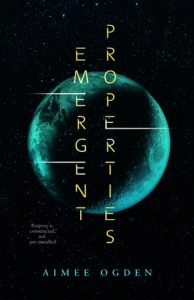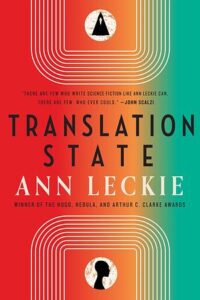 Starter Villain, John Scalzi
Starter Villain, John Scalzi
Received to review via Netgalley
I found Starter Villain a fun, fast read — exactly what I expect from Scalzi’s work. It’s light, it’s a bit quirky, it has his usual sort of narrative voice. The sentient cats are entertaining, and so are some of the other surprises; the dialogue is punchy; the main character is the kind of practical well-I’ll-work-with-what-I’ve-got guy with some wisecracks that you’d expect from Scalzi. And the formula continues to work, for the most part: it kind of sounds like I’m damning with faint praise, but I’m not. I really enjoyed reading Starter Villain.
For me, the thing that let it down was actually at the end. I can’t really say too much about it without spoilers, but I found it very unsatisfying. Maybe appropriate for the character, maybe I should’ve seen it coming, but it felt like a cop-out after all the events of the book. I finished it and I was a little mad about that, because I wanted more of the quirky stuff and not… what I got.
It’s still enjoyable, but probably one I won’t reread or add to my collection.









